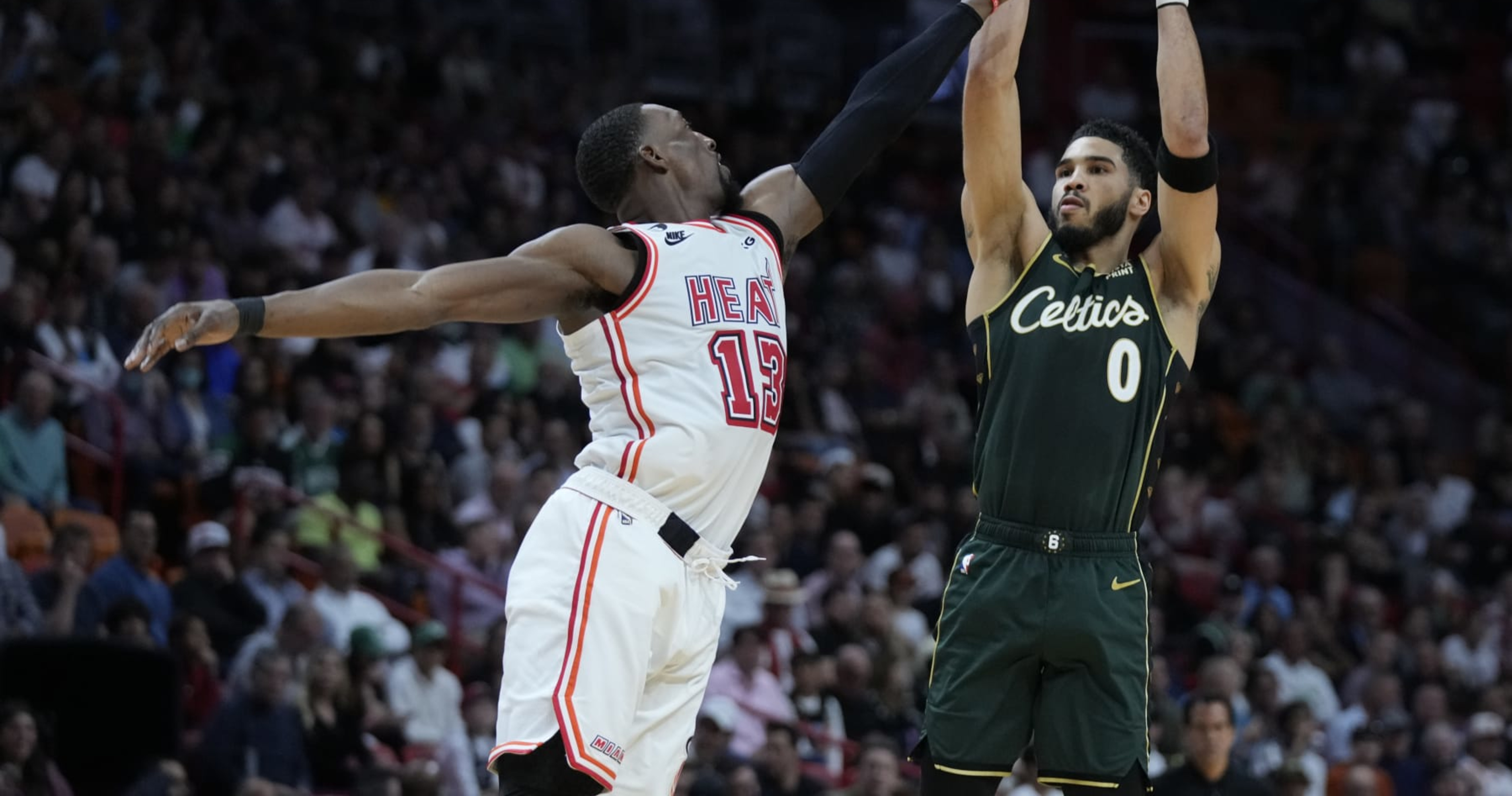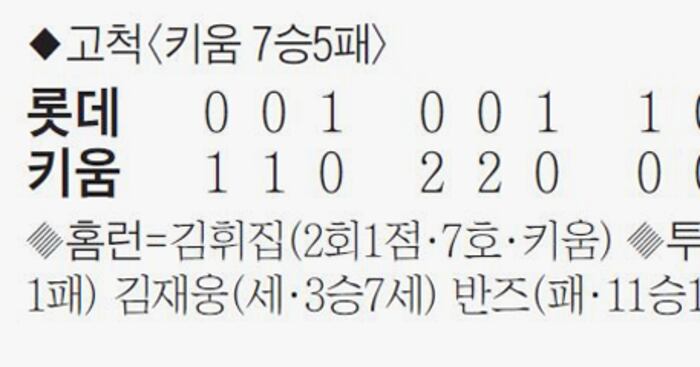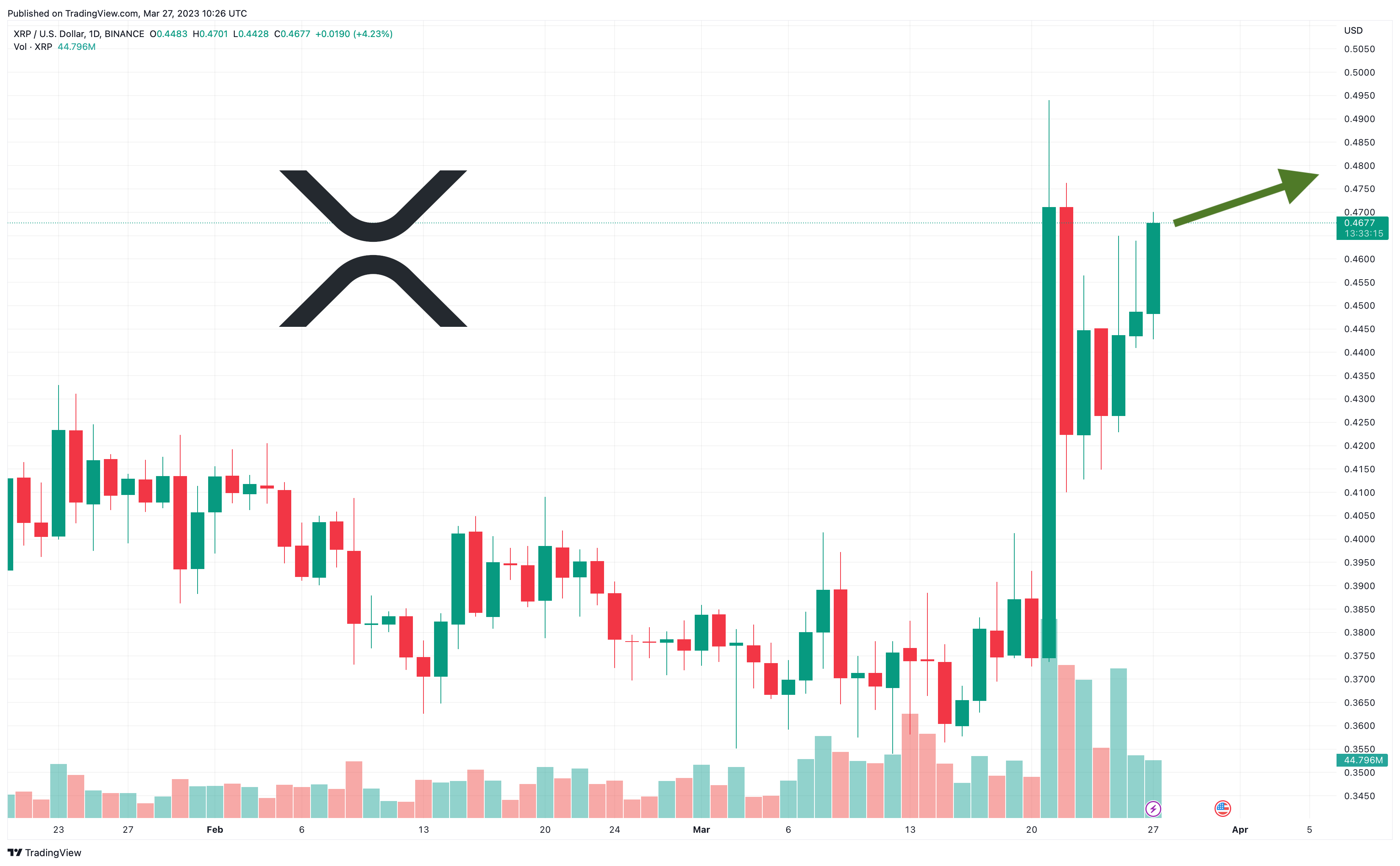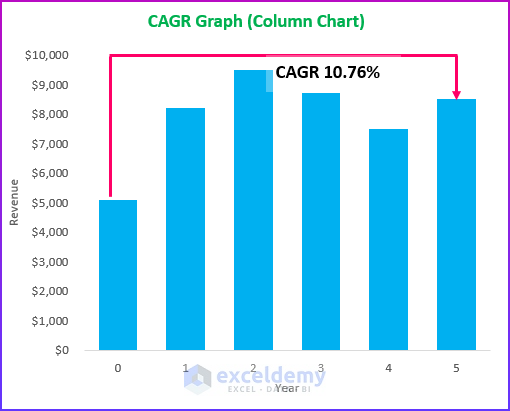Colin Cowherd Criticizes Jayson Tatum Following Celtics Game 1 Defeat

Table of Contents
Cowherd's Key Criticisms of Jayson Tatum's Game 1 Performance
Colin Cowherd's post-game commentary was sharp, focusing on several key aspects of Tatum's performance that he deemed subpar. His criticisms centered around a perceived lack of aggressiveness, inconsistent scoring, questionable decision-making, and a failure to rise to the occasion under pressure.
Lack of Aggressiveness and Scoring Consistency
- Cowherd highlighted Tatum's perceived passivity. He noted several instances where Tatum seemed hesitant to attack the basket or take assertive shots, opting instead for less efficient options. This contrasted sharply with the aggressive style often seen from Tatum in previous playoff runs.
- Specific examples cited by Cowherd included missed jump shots and turnovers in crucial moments. These instances, according to Cowherd, demonstrated a lack of confidence and a failure to assert himself as the Celtics' leading scorer. Analyzing the game footage reveals instances where Tatum passed up open looks, choosing instead to defer to teammates, potentially hindering the team's overall offensive rhythm.
- Comparing Tatum's Game 1 performance to his previous playoff appearances reveals a discrepancy. In past playoff games, Tatum often showcased a more decisive and aggressive approach, consistently attacking the basket and creating scoring opportunities. The Game 1 performance, according to Cowherd, fell significantly short of this established standard.
Decision-Making and Play-Calling Under Pressure
- Cowherd criticized Tatum's decision-making in several crucial moments, pointing to costly turnovers and questionable shot selections. These decisions, Cowherd argued, indicated a lack of composure and an inability to perform consistently under the immense pressure of the NBA Playoffs. The criticism was particularly pointed in moments where Tatum forced shots rather than opting for a better play.
- It's important to consider the opponent's defensive strategies in evaluating this criticism. The opposing team may have employed specific defensive schemes designed to limit Tatum's offensive options. Understanding these tactics is vital in assessing whether Tatum's decisions were truly poor, or if he was reacting to a well-executed defensive plan.
- The Celtics' offensive system, and Tatum's role within it, also needs examination. Is the system designed to maximize Tatum's strengths under pressure? If not, could this have contributed to some of his perceived shortcomings in Game 1? A complete analysis requires considering these strategic factors.
Comparison to Other Star Players in Similar Situations
- Cowherd implicitly compared Tatum's performance to other star players facing similar pressure in high-stakes playoff games. He highlighted instances where other players have risen to the challenge, showcasing their leadership qualities and scoring prowess under immense pressure. The implicit comparison underscored Cowherd's concern with Tatum's lack of impact in a pivotal game.
- How have other star players responded to similar criticisms in the past? Examining how past greats overcame criticism, adjusted their game, and responded to pressure provides valuable perspective. Learning from past successes and failures can help contextualize Tatum's performance.
- The significant media pressure placed on star athletes, like Tatum, can have a substantial impact on performance. Understanding the intense scrutiny and expectations surrounding elite NBA players is crucial in analyzing their on-court actions.
Counterarguments and Defenses of Jayson Tatum's Performance
While Cowherd's criticism was forceful, it's important to consider counterarguments and alternative perspectives on Tatum's Game 1 performance.
The Impact of Opponent's Defensive Schemes
- The opposing team's defensive strategy played a significant role in limiting Tatum's offensive effectiveness. Analyzing game footage reveals that they employed a variety of tactics, designed to disrupt Tatum's rhythm and restrict his scoring opportunities.
- These defensive schemes, if effective, could have significantly reduced Tatum's ability to score efficiently. It's unfair to judge a player solely on scoring output when facing such well-orchestrated defensive plans.
- Did Tatum effectively adjust to the opposing team's defensive pressure? Assessing whether he employed alternative strategies or attempted to exploit weaknesses in the defense is crucial in determining the validity of Cowherd's criticisms.
The Role of Supporting Players and Team Dynamics
- The overall team performance and the contributions of Tatum's teammates played a significant role in the outcome of Game 1. Were his teammates providing adequate support and creating scoring opportunities for him?
- Did Tatum receive adequate support throughout the game? A lack of support from teammates could have hindered his ability to be effective and impacted his decision-making process.
- Team chemistry and overall game strategy also significantly impact a player's performance. Assessing these factors is vital in providing a nuanced understanding of Tatum's performance in Game 1.
The Importance of Context and a Single Game's Performance
- It is crucial to remember that one game does not define a player's entire season or playoff run. Focusing solely on a single game's performance can lead to unfair and inaccurate judgments.
- Tatum's past successes and overall contributions to the Celtics throughout the season must be taken into account. His consistent high performance and leadership throughout the year deserve to be considered.
- A balanced perspective is necessary, avoiding overreaction to a single game's outcome. It's vital to evaluate Tatum's performance within the broader context of his career and the overall team dynamic.
Conclusion
This article examined Colin Cowherd's criticism of Jayson Tatum following the Celtics' Game 1 loss. We explored both Cowherd's key arguments and counterarguments, considering the complexities of evaluating a single performance within a broader context. Tatum's overall playoff history and the impact of team dynamics were also discussed. While Cowherd raises valid points about Tatum's performance, a complete analysis requires understanding the nuances of team play, defensive strategies, and the pressure inherent in high-stakes playoff basketball.
Call to Action: What are your thoughts on Colin Cowherd's assessment of Jayson Tatum's performance? Join the conversation in the comments below and share your analysis of the Colin Cowherd criticism of Jayson Tatum. Let's discuss!

Featured Posts
-
 Sms Dolandiriciligi Sikayetler Guenden Guene Artti
May 08, 2025
Sms Dolandiriciligi Sikayetler Guenden Guene Artti
May 08, 2025 -
 Sony Details Ps 5 Pros Enhanced Features
May 08, 2025
Sony Details Ps 5 Pros Enhanced Features
May 08, 2025 -
 5 0 355 Nl 3
May 08, 2025
5 0 355 Nl 3
May 08, 2025 -
 Krachy Ke Bed Lahwr Myn Py Ays Ayl Trafy Ka Jshn
May 08, 2025
Krachy Ke Bed Lahwr Myn Py Ays Ayl Trafy Ka Jshn
May 08, 2025 -
 Xrp Price Prediction 5 Target Realistic After Sec Developments
May 08, 2025
Xrp Price Prediction 5 Target Realistic After Sec Developments
May 08, 2025
Latest Posts
-
 Wireless Mesh Networks Market Size And Growth Projections 9 8 Cagr
May 09, 2025
Wireless Mesh Networks Market Size And Growth Projections 9 8 Cagr
May 09, 2025 -
 Characters Connections And The Ectomobile Arctic Comic Con 2025 Photo Gallery
May 09, 2025
Characters Connections And The Ectomobile Arctic Comic Con 2025 Photo Gallery
May 09, 2025 -
 Wireless Mesh Networks Market 9 8 Cagr Growth Forecast
May 09, 2025
Wireless Mesh Networks Market 9 8 Cagr Growth Forecast
May 09, 2025 -
 Despite Shorter Race Fur Rondy Mushers And Dogs Push On
May 09, 2025
Despite Shorter Race Fur Rondy Mushers And Dogs Push On
May 09, 2025 -
 Alaskas Fur Rondy Mushers Persevere Despite Shorter Race
May 09, 2025
Alaskas Fur Rondy Mushers Persevere Despite Shorter Race
May 09, 2025
